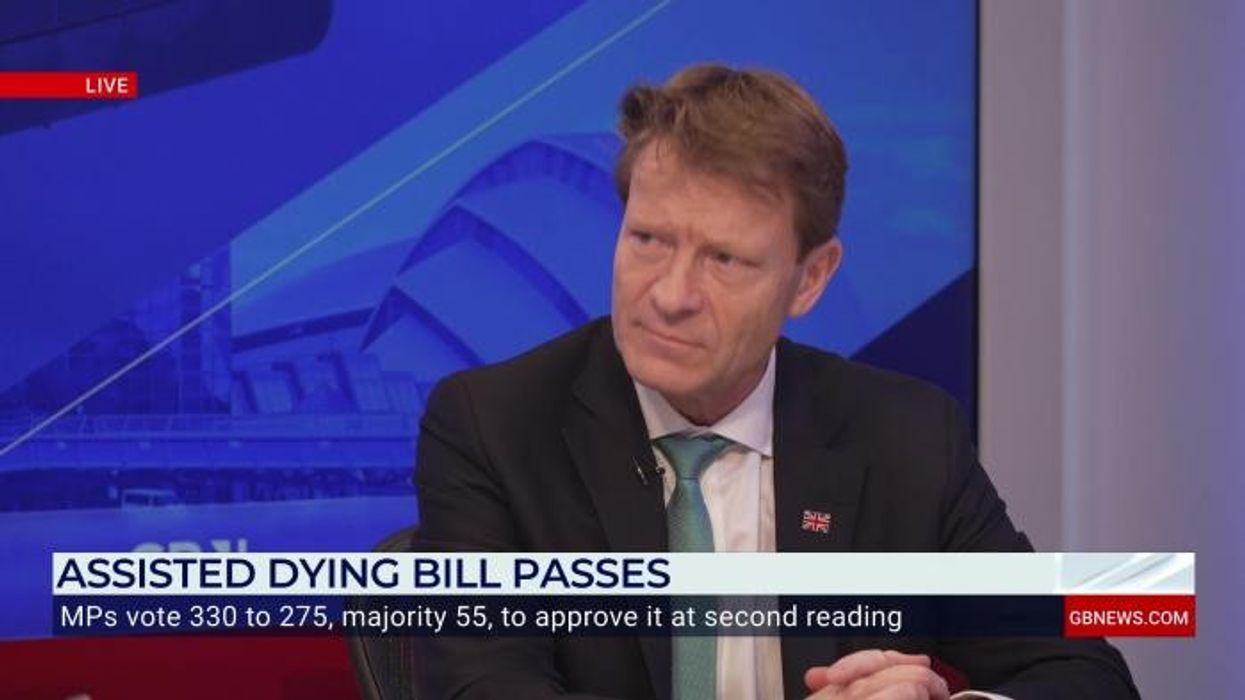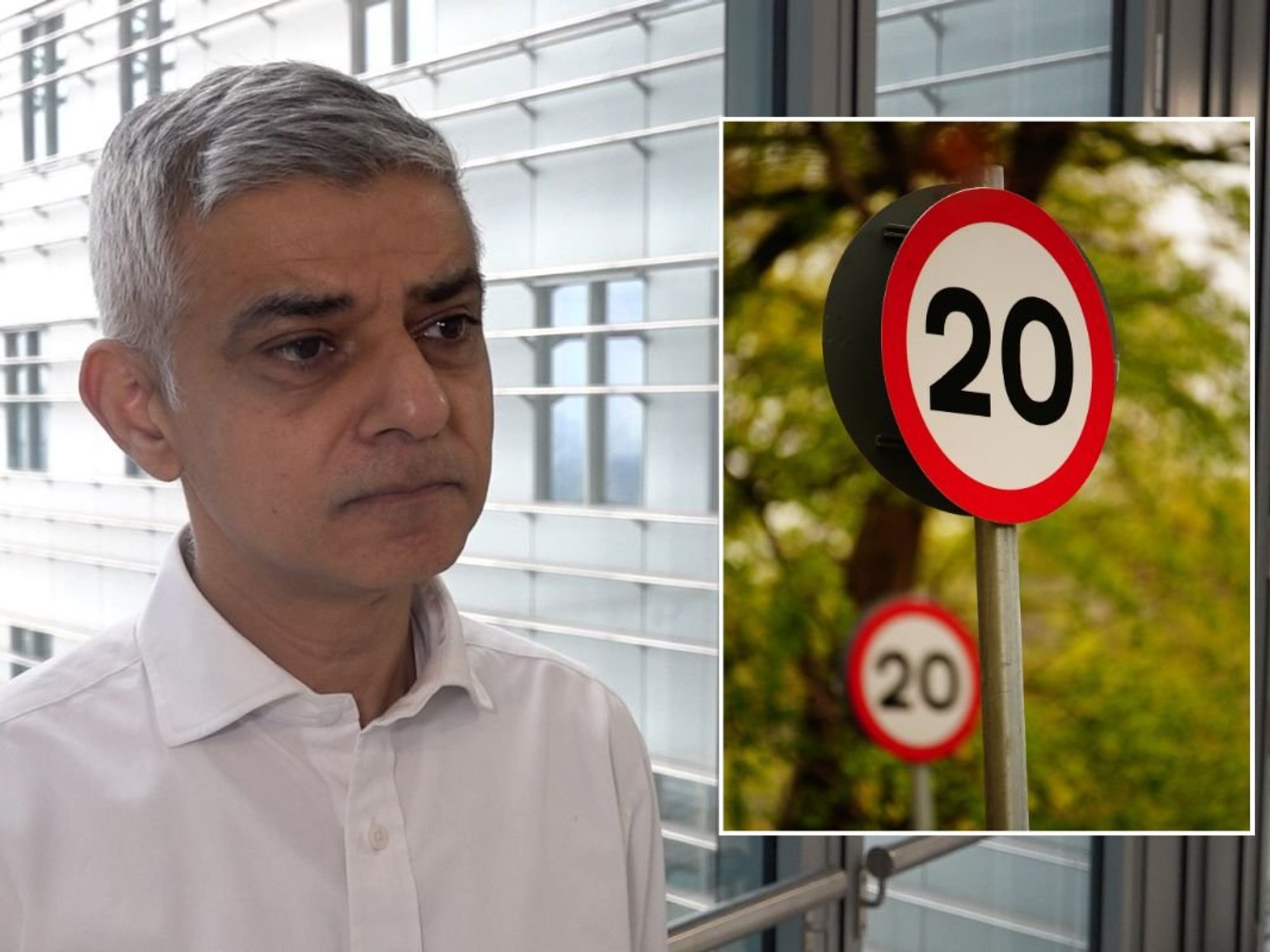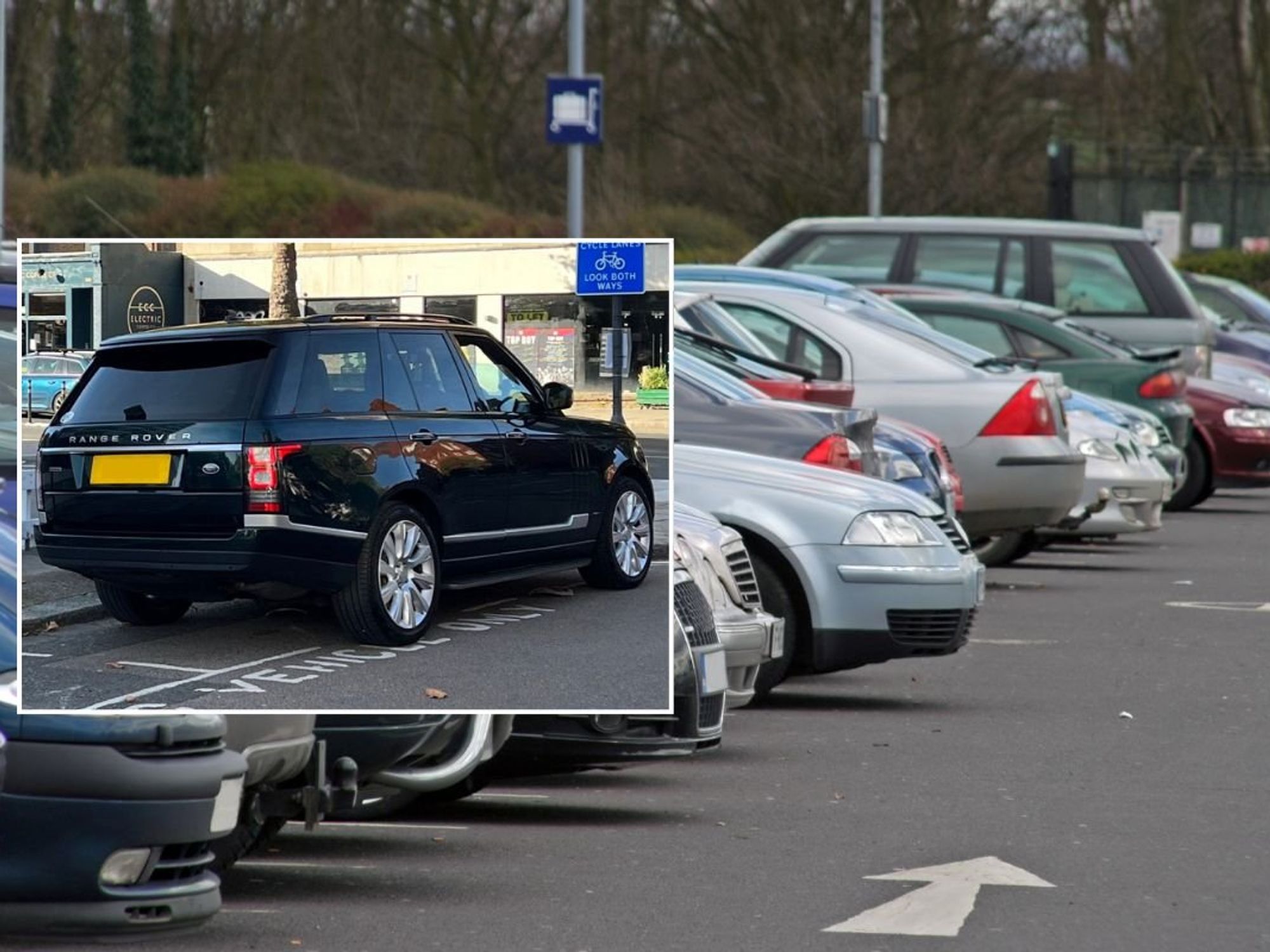Assisted Dying Bill ‘first time me and Nigel Farage ended up on opposing sides’, Richard Tice says as MPs vote in favour

The two prominent political figures split their votes on the controversial legislation
Don't Miss
Most Read
Reform UK leader Richard Tice has revealed that the Assisted Dying Bill marked the first time he and Nigel Farage have found themselves on opposing sides of a political issue.
"I think it's probably the first time we've ever ended up on opposing sides on an issue like this," Tice told GB News following today's historic Commons vote.
The two prominent political figures split their votes on the controversial legislation, with Tice supporting the bill while Nigel voted against it.
"We've had a good chat about it," Tice said, highlighting the significance of their rare disagreement on a major policy matter.

Richard Tice says the debate was respectful
|PA / GB NEWS
The historic vote saw MPs back the Assisted Dying Bill by 330 to 275, a majority of 55, in the first Commons vote on the issue in nearly a decade.
The bill, introduced by Labour MP Kim Leadbeater, would permit terminally ill adults with less than six months to live to end their lives.
LATEST DEVELOPMENTS
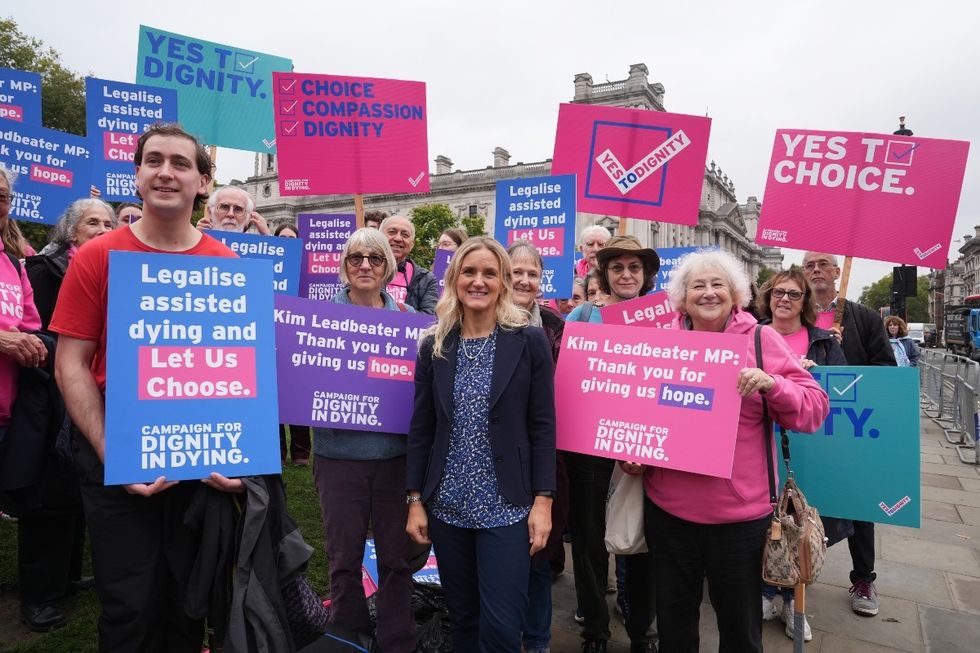 Protesters gather to support assisted dying | PA
Protesters gather to support assisted dying | PA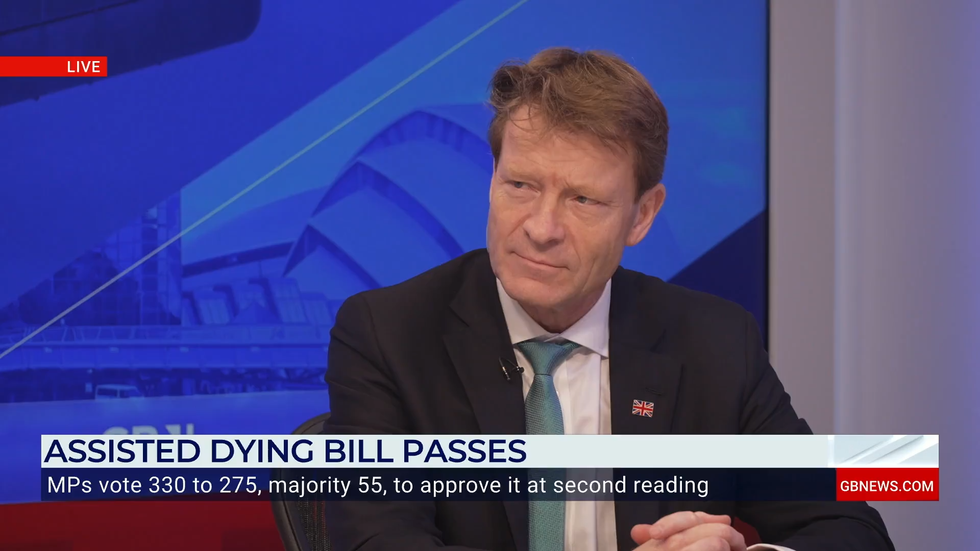
The Reform deputy leader joined Martin Daubney on GB News
|GB NEWS
MPs were given a free vote on conscience grounds rather than following party lines.
The debate lasted more than four hours, with MPs from both sides sharing personal stories in a packed chamber.
More than 160 MPs requested to speak, though many were unable to due to time constraints.
Tice reflected positively on the nature of the political discourse surrounding the bill.
"Actually, that was a really good thing, it was not party-based, shouty type politics," he told GB News.
"It was reflective, it was thoughtful, it was quality. Maybe we should have a bit more of that on other key issues," he added.
The Reform UK deputy leader praised the considered approach to the debate, suggesting it could serve as a model for discussing other significant political matters.
"It was a very significant moment, but it was just a step in the process," Tice concluded.
The bill will now face extensive scrutiny in committee stage, where MPs can table amendments.
A motion was approved on Friday giving the committee considering the bill power to send for people, papers and records as part of its sessions.
The legislation requires approval from both the House of Commons and House of Lords before becoming law, with any changes unlikely before next year.
According to Leadbeater, it would take approximately two additional years from that point to establish an assisted dying service.
The bill's passage marks just one step in what promises to be a lengthy legislative journey.


